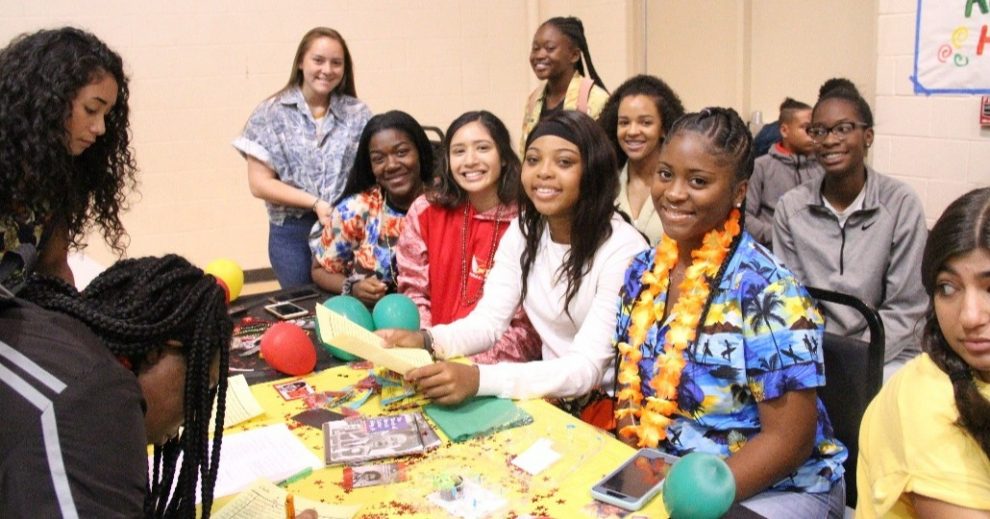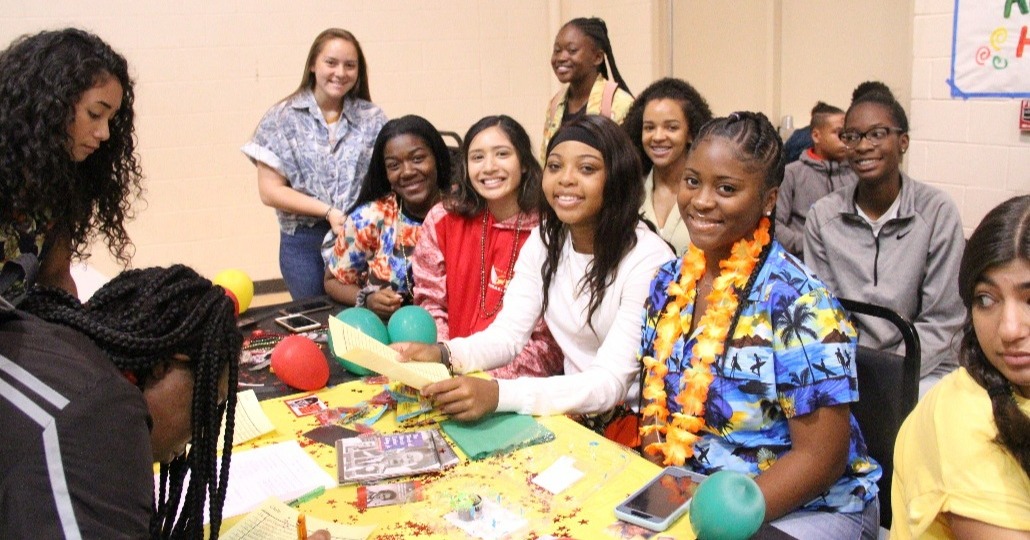While academics are central to the high school experience, extracurricular activities provide immense additional benefits. Whether sports, clubs, arts, or leadership roles, out-of-class activities help students develop skills for college and career success, expand support networks, and discover passions. Unfortunately, many school budget cuts have diminished these offerings. However, research clearly demonstrates why schools must champion extracurricular engagement.
**Developing Soft Skills Through Extracurriculars **
Classroom learning focuses heavily on academic hard skills. Extracurriculars allow students to gain critical soft skills like:
- Teamwork – Working toward shared goals on athletic teams, play productions, or science Olympiads requires cooperation.
- Time management – Juggling obligations teaches students how to prioritize, meet deadlines, and balance commitments.
- Leadership – Captaining teams or leading clubs entails public speaking, group motivation, delegating, and decision making.
- Perseverance – Pushing through challenges like tough practices, stage fright, or fundraisers builds resilience.
- Responsibility – Representing an organization instills accountability and reliability.
- Interpersonal skills – Navigating diverse peers, coaches, or audiences expands social awareness and communication abilities.
- Creativity – Performing arts and makerspaces spur innovation and self-expression.
According to education research, extracurriculars allow students to develop soft skills that are highly sought after by colleges and employers.
Finding Belonging and Identity Through Extracurriculars
The social interactions provided by extracurricular activities fulfill core developmental needs:
- Peer connections – Spending time with like-minded peers helps students feel accepted. This prevents isolation and builds diverse friendships.
- Identity formation – Exploring activities aligned with evolving interests helps high schoolers define identity and purpose.
- Sense of belonging – Participating in a group provides the affirmation and team spirit teens crave. This improves attitudes about school.
- Mentor relationships – Coaches, club sponsors, and older peers provide guidance as teens work to find their path.
- Status and recognition – Representing the school through athletics and performances brings respect and self-confidence.
According to psychologists, the social engagement and identity cultivation teens experience through extracurriculars supports healthy development.
Health and Wellbeing Benefits
Extracurricular involvement provides additional holistic benefits:
- Stress relief – Physical activity, creative arts, and mindfulness clubs reduce academic anxiety and depression.
- Brain benefits – Exercise, dance, and music boost cognition, memory, focus, and neural connections.
- Healthy habits – Sports, gardening, and cooking teach nutrition, fitness, and self-care skills.
- risk avoidance – Engaged students have lower rates of drug use, delinquency, risky sexual behaviors, and dropping out.
- Positive values – Clubs like community service and character-building programs reinforce integrity.
- Life satisfaction – Teens engaged in activities they love report higher wellbeing and happiness.
Multiple studies correlate extracurricular participation with physical health, mental health, and overall wellness in high school and beyond.
Academic Motivation and Achievement Through Extracurriculars
Along with non-academic advantages, extracurricular involvement also boosts students’ academic success:
- Better grades – Responsibility and time management skills transfer to coursework improvement.
- Higher test scores – Exercise and arts help cognitive abilities that enhance test performance.
- Increased engagement – Activities students care about motivate school attendance and class participation.
- Advanced course enrollment – Clubs like STEM, journalism, and debate stimulate interest in related AP classes.
- Improved behaviors – Reduced disciplinary issues from engaged, focused students prevents classroom disruptions.
- Higher graduation rates – School connectedness through activities encourages persistence to graduation.
- College/career readiness – Leadership, public speaking, and teamwork build skills for future pathways.
Multiple research studies demonstrate that students who participate in activities earn higher grades, score better on achievement tests, and are more likely to graduate high school.
In conclusion, extracurricular activities provide benefits extending far beyond the classroom walls. Sports, clubs, arts, and leadership roles allow students to gain developmental skills, build relationships, discover passions, stay engaged with learning, reduce risky behaviors, manage stress, and cultivate wellbeing. High schools must champion abundant, diverse extracurricular offerings as a core component of education.

















